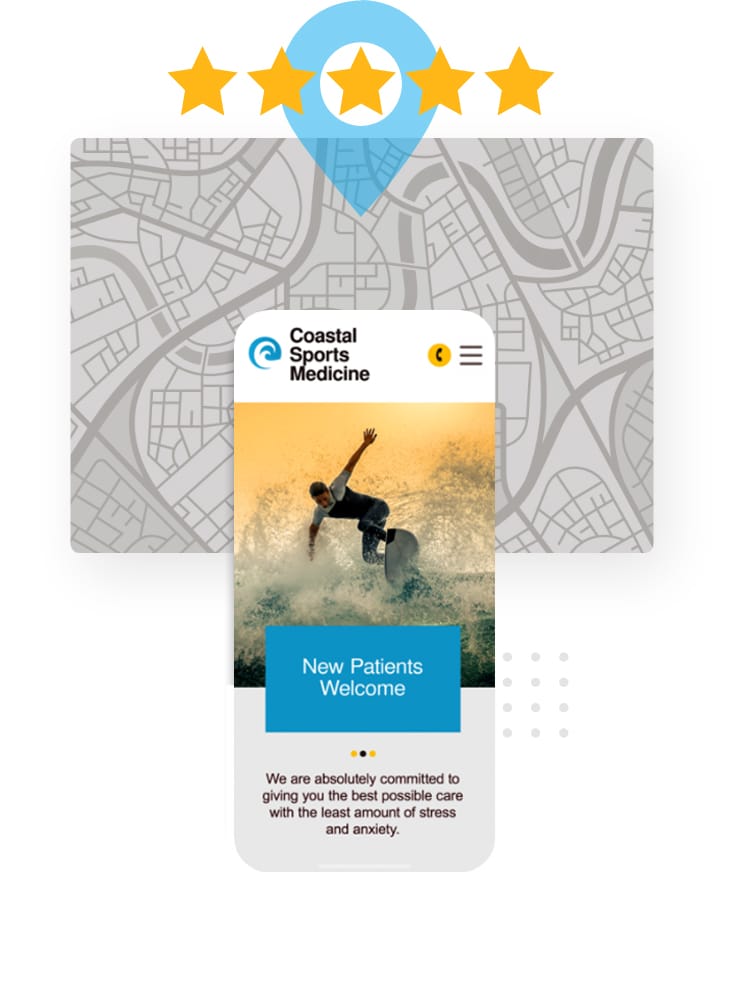Now, more than ever, people are searching for providers online. We have the solutions you need to get more patients through your door.

Choose your specialty below to see how our platform can help:
Become our next success story.
We are honored to serve the industry’s top leaders. Hear their stories.
More patients. Fewer headaches.
Bring more patients through your door in less time with less effort.




